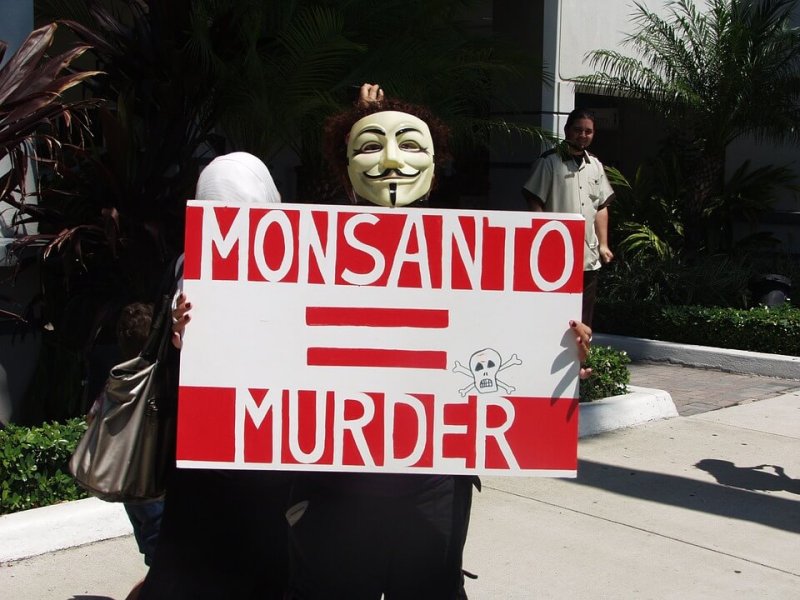It should come as no surprise that innovation is linked to uncertainty, especially when its effects are wide-ranging and can be difficult to quantify, as is the case for plant genome editing. Thus, scientific innovation should be conducted responsibly. Both regulators and companies seek ways to minimize inherent uncertainties regarding technological development.
Risk assessment offers a basis to evaluate human, environmental and societal risks of fledging technologies and their application. This paper describes a range of potential issues related to the safety of genome editing as identified through a survey of a consortium of international experts in plant biotechnology.
A key finding is that genome edited crops pose marginal risk to the economy, human health and the environment. Yet, regulations governing biotechnology and some advocacy groups tend to discourage the use of new gene technologies in agriculture. In effect, discussions concerning the risks associated with genome editing, and targeted breeding techniques generally, are driven more by socio-political factors than by scientific principles.
Read full, original article: Risk and safety considerations of genome edited crops: Expert opinion (Behind Paywall)































